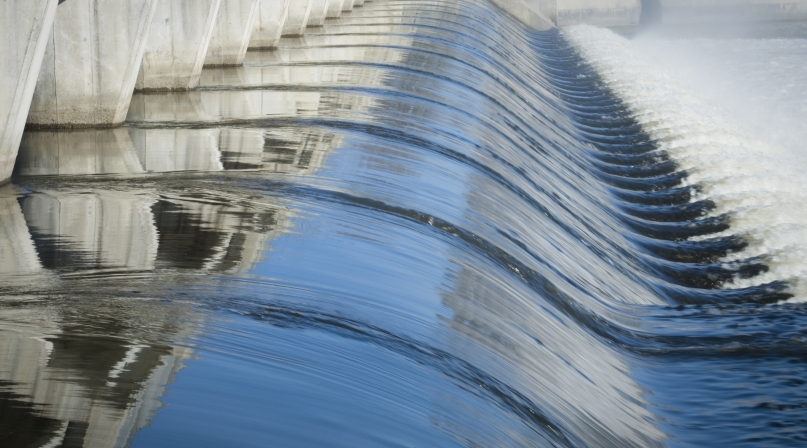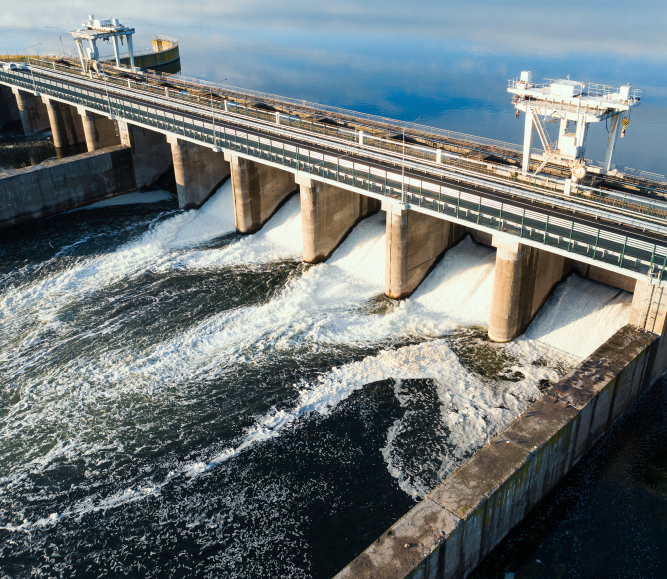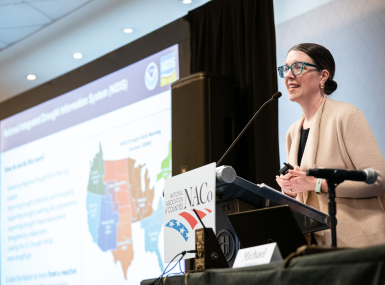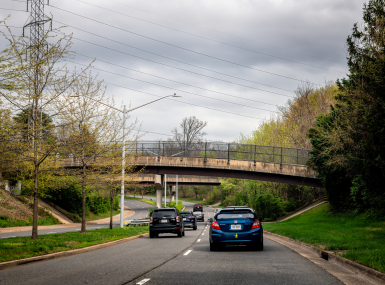Environmental Protection Agency announces $6.5 billion in available financing for water infrastructure projects
Author

Charlotte Mitchell Duyshart

Rachel Yeung
Upcoming Events
Related News

Key Takeaways
On September 6, the Environmental Protection Agency (EPA) announced $6.5 billion in funding for the Water Infrastructure Finance and Innovation Act (WIFIA) program. The WIFIA program is a federal loan program designed to accelerate water and wastewater infrastructure investment by providing long-term, low-cost supplemental loans for regionally and nationally significant projects, including many county water infrastructure projects.
How can WIFIA financing help counties?
Counties invest over $134 billion annually to build and maintain America's water and wastewater infrastructure. Counties frequently tackle water infrastructure needs, particularly when managing flooding threats and other water-related challenges. Significant federal investment is crucial for supporting their ongoing efforts and responding to water infrastructure demands.
The EPA is responding to demands by prioritizing investments in the following areas:
- Increasing investment in disadvantaged communities and improving health and livability
- Making progress on lead service line replacement
- Addressing PFAS and emerging contaminants
- Strengthening climate resilience in the water sector
- Supporting water innovation and resilience
The WIFIA program helps finance larger water infrastructure projects, primarily those with an anticipated cost of $20 million or more. Additionally, small communities with populations of 25,000 or less can receive funding for projects with a minimum cost of $5 million. Among the WIFIA benefits, single loans can be used for multiple projects.
County success stories
Counties across the U.S. have already seen impressive results from WIFIA funding:
Orange County, Calif.: The county completed its Ground Water Replenishment System Expansion, enhancing its drought-proof drinking water supply and reducing reliance on imported water. By lowering interest rates, the county saved an additional $75 million.
Sedgwick County, Kan.: The Northwest Water Treatment Facility in Wichita benefited from WIFIA by accelerating the project timeline by seven years, significantly improving the reliability of drinking water for residents.
Pierce County, Wash.: Tacoma's Electrical Distribution System Replacement project modernized the city’s sewer utility treatment plant. WIFIA’s deferred loan repayment option allowed the city to clear existing state-revolving fund loans before repaying the WIFIA loan.
How can counties apply?
The EPA is currently accepting letters of interest (LOI) from eligible applicants. WIFIA loans are available year-round, however, LOIs submitted on or after October 1, 2024, will be reviewed based on the scoring criteria in the most recent Notice of Funding Availability (NOFA).
For more information to apply, click here.
Additional Resources
Advocacy
U.S. House and Senate pass WRDA 2024, legislation moves to conference committee process
The Water Resources Development Act (WRDA) is the authorizing legislation for the U.S. Army Corps of Engineers, which allows the Corps to conduct studies, construct projects and research activities to improve U.S. waterways.

Related News

National Association of Counties Reinforces Intergovernmental Partnership in Response to State of the Union Address
The National Association of Counties (NACo) responded to President Trump’s State of the Union address with a statement from Executive Director Matthew Chase.

NOAA outlines help for counties navigating drought’s growing risks
In April, the National Integrated Drought Information System will launch the Mid-Atlantic Drought Early Warning System, which will help county officials allocate resources and attention to mitigate drought-related disasters.

Local government organizations send letter in support of the BASICS Act to congressional leaders
On February 16, nearly 80 state associations of counties and municipal leagues representing local governments in all 50 states sent a letter to the leaders of the U.S. House Committee on Transportation and Infrastructure and the U.S. Senate Committee on Environment and Public Works expressing their support for the Bridges And Safety Infrastructure for Community Success (BASICS) Act (H.R. 7437) and urging its inclusion in the next surface transportation reauthorization bill.